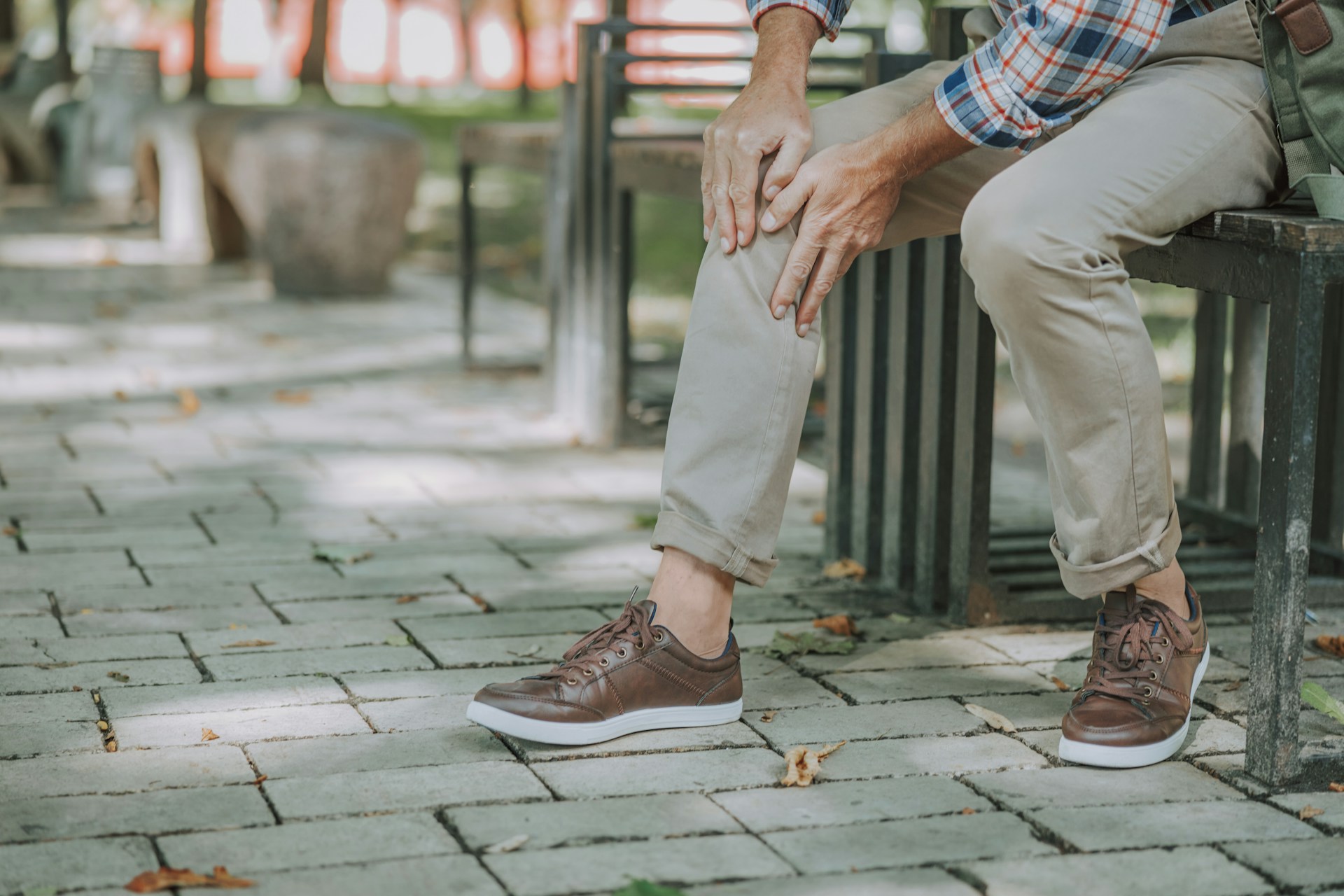Have you ever experienced your knee suddenly giving out, causing you discomfort and worry? This sensation, often described as the knee locking up, can be concerning for many. Whether you’re walking around town or simply standing up, a locked knee can disrupt your daily activities and impact your quality of life. What’s more, it may signal an underlying issue that needs attention.
Addressing this problem is important not only for immediate relief but also for preventing further complications. Ignoring knee problems might lead to more pain and potentially more serious injuries. Understanding what’s causing your knee to lock up can help you choose the best way to move forward, from lifestyle changes to medical treatment.
Common Causes of Knee Lockup
Several factors might contribute to your knee unexpectedly locking up. Recognizing these causes can guide you to the right course of action:
– Meniscus Tears: The meniscus is a piece of cartilage that cushions and stabilizes the knee joint. Tears can occur during activities that involve twisting or turning, especially when putting weight on the knee. This type of injury can lead to painful locking episodes.
– Ligament Injuries: Ligaments connect bones to each other, and knee ligaments are vital for maintaining joint stability. Injuries, such as sprains or tears, can result from sports activities or accidents, causing the knee to feel unstable or locked.
– Cartilage Damage: This occurs when the smooth tissue that covers the ends of bones in the knee joint wears down or becomes damaged. Cartilage damage can be due to repetitive stress or an acute injury, leading to locking and stiffness.
– Loose Bodies: Sometimes, small fragments of bone or cartilage can break off and float within the knee joint. These loose bodies can become trapped in the joint mechanisms, causing it to lock temporarily.
Having a basic understanding of these common causes empowers you to seek the appropriate care and avoid activities that might exacerbate the situation. By addressing the root cause, you can work to regain mobility and reduce the risk of future episodes.
Symptoms to Watch For
When your knee starts acting up, recognizing the symptoms can help you decide when it’s time to see a professional. Here are some signs that commonly accompany knee lockups:
– Pain and Swelling: A sudden or persistent pain in the knee, coupled with swelling, can indicate an underlying issue that needs attention. This discomfort might intensify with certain movements or activities, making it a key symptom to monitor.
– Limited Range of Motion: If you notice that your knee doesn’t bend or straighten as freely as it should, it’s a hint that something might be wrong. A restricted movement is often an impediment that affects daily actions like walking or standing up.
– Clicking or Popping Sounds: Hearing strange noises when you move your knee might be unsettling. While these sounds can sometimes occur without causing harm, consistent clicking or popping paired with pain can signal a more serious problem.
– Feeling of Instability: If your knee gives out or feels weak during an activity, it can be alarming. This instability often nudges people to seek medical advice, as it can indicate a structural issue that could become worse over time.
Treatment Options at a Knee Injury Clinic
Once you notice persistent symptoms, exploring treatment options becomes the next step. Knee injury clinics offer various solutions to help manage and treat the problem effectively.
– Non-Surgical Treatments: Not every knee issue requires surgery. Physical therapy and medications are common first-line solutions. Therapists can guide you through exercises to strengthen the knee and improve flexibility, while medications might help reduce pain and inflammation.
– Minimally Invasive Procedures: Arthroscopy is a popular minimally invasive technique where doctors use a camera to look inside the knee joint. This allows them to diagnose and, at times, treat the problem with small tools, reducing recovery time compared to open surgery.
– Surgical Interventions: In severe cases, surgery may be necessary to correct the problem. Procedures can vary from ligament repair to cartilage restoration, depending on what causes your knee to lock. Your healthcare provider can advise on the best course of action if surgery is deemed necessary.
Preventing Knee Lockup in the Future
Taking steps to prevent knee lock issues can save you from discomfort down the road. Here are some strategies to keep your knees in good shape:
– Engage in exercises that focus on strengthening the muscles around your knee. This can improve stability and reduce the likelihood of injuries.
– Consider regular check-ups with a knee injury specialist, particularly if you’ve had knee problems in the past. This proactive approach can help catch potential issues early.
– Adopt lifestyle changes like maintaining a healthy weight and wearing appropriate footwear to support knee health. This can diminish the stress placed on your joints.
Ensuring ongoing attention and care for your knees can play a significant role in maintaining long-term joint health and functionality. These preventive measures, along with professional advice, contribute to a comprehensive approach to managing and reducing the risk of knee issues.
With the right information and steps, you can regain control over your mobility and enjoy daily activities without the fear of your knee locking up unexpectedly.
Understanding and Treating Knee Lockups
If you’re struggling with knee lockup and want to regain your mobility, the expert care you need is closer than you think. Trust The Burress Medical Center, where our specialized team in Lady Lake is ready to assess your condition and provide personalized treatment. Seeking professional help at a knee injury clinic can lead to a comprehensive approach to healing, allowing you to move with confidence and ease again.
Connect with our knee injury clinic for a comprehensive approach to healing, so you can move with confidence and ease again. Let us help you get back on your feet, stronger and healthier than before. Get in touch with us today.







